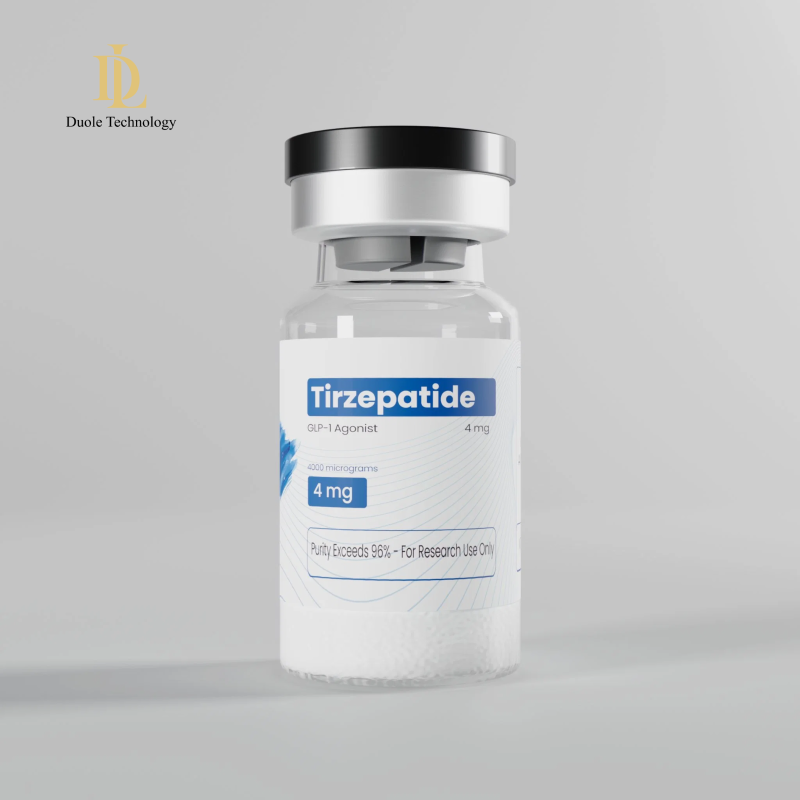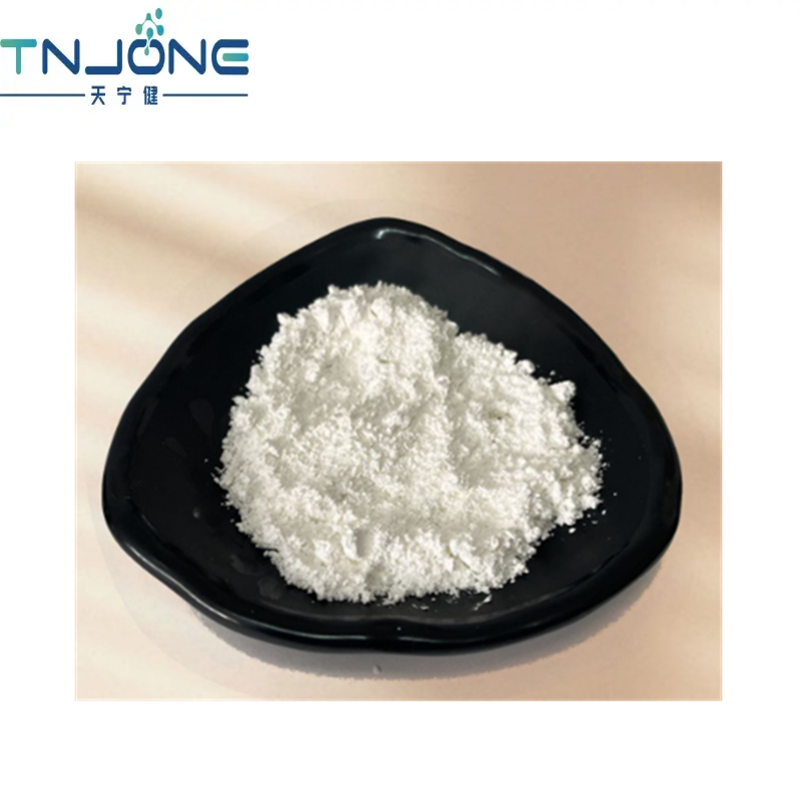-
Categories
-
Pharmaceutical Intermediates
-
Active Pharmaceutical Ingredients
-
Food Additives
- Industrial Coatings
- Agrochemicals
- Dyes and Pigments
- Surfactant
- Flavors and Fragrances
- Chemical Reagents
- Catalyst and Auxiliary
- Natural Products
- Inorganic Chemistry
-
Organic Chemistry
-
Biochemical Engineering
- Analytical Chemistry
-
Cosmetic Ingredient
- Water Treatment Chemical
-
Pharmaceutical Intermediates
Promotion
ECHEMI Mall
Wholesale
Weekly Price
Exhibition
News
-
Trade Service
4-Nitrophthalimide (4-NPI) is an important intermediate chemical used in the production of a variety of downstream products in the chemical industry.
As a versatile building block, 4-NPI can be converted into a range of valuable compounds through different chemical reactions, making it an essential component in many industrial processes.
Upstream Products
The production of 4-NPI typically involves the nitration of phthalic anhydride, which is an intermediate chemical used in the production of plastics, coatings, and other chemicals.
The nitration process involves the addition of nitric acid to phthalic anhydride, leading to the formation of 4-NPI as a by-product.
Other upstream chemicals used in the production of 4-NPI include aniline, which is a precursor to pigments, dyes, and other chemicals, and chlorobenzene, which is used in the production of a range of industrially important compounds.
Downstream Products
The primary use of 4-NPI is as an intermediate in the production of dyes, pigments, and other chemical products.
One of the most common downstream uses of 4-NPI is in the production of Polyvinyl Chloride (PVC) resins, which are used in a variety of applications such as piping, vinyl siding, window frames, and flooring.
4-NPI is also used in the production of phthalic acid, which is a key ingredient in the production of plasticizers, lubricants, and other chemical products.
In addition to its use in the production of chemicals and plastics, 4-NPI is also used in the production of agricultural chemicals, such as herbicides and pesticides.
The compound is used as a precursor to the production of glyphosate, the active ingredient in the herbicide Roundup, which is widely used in agriculture to control weeds.
Health and Safety Considerations
4-NPI is classified as a potentially hazardous chemical due to its ability to cause skin irritation, respiratory problems, and other health issues if proper handling and safety measures are not observed.
The compound is also classified as a Category 2 carcinogen by the International Agency for Research on Cancer (IARC), meaning that it is possibly carcinogenic to humans.
During production and handling, workers should take appropriate measures to avoid exposure to the chemical, including wearing protective clothing and using ventilation systems to maintain good air quality.
In addition, proper storage and disposal protocols must be followed to prevent environmental contamination and ensure the safety of workers and the community.
Environmental Impact
4-NPI production and use can have a significant impact on the environment.
The production of 4-NPI involves the use of nitric acid, which is a strong acid that can cause corrosion and released into the environment if not handled properly.
This can lead to acidification of soil and water, which can have negative impacts on plants and animals.
In addition, the use of 4-NPI in the production of PVC resins and other chemical products can contribute to the production of greenhouse gases, as PVC resins are derived from fossil fuels and the production of these resins can result in the release of carbon dioxide and other greenhouse gases into the atmosphere.
Conclusion
4-Nitrophthalimide is an important intermediate chemical used in the production of a wide range of downstream products in the chemical industry.
The compound is produced through the nitration of phthalic anhydride and other upstream chemicals and is used in the production of PVC resins, phthalic acid, and other chemicals.
While 4-NPI is an essential component in many industrial processes, its production and use can have negative impacts on the environment and human health if proper safety and environmental measures are not observed.







